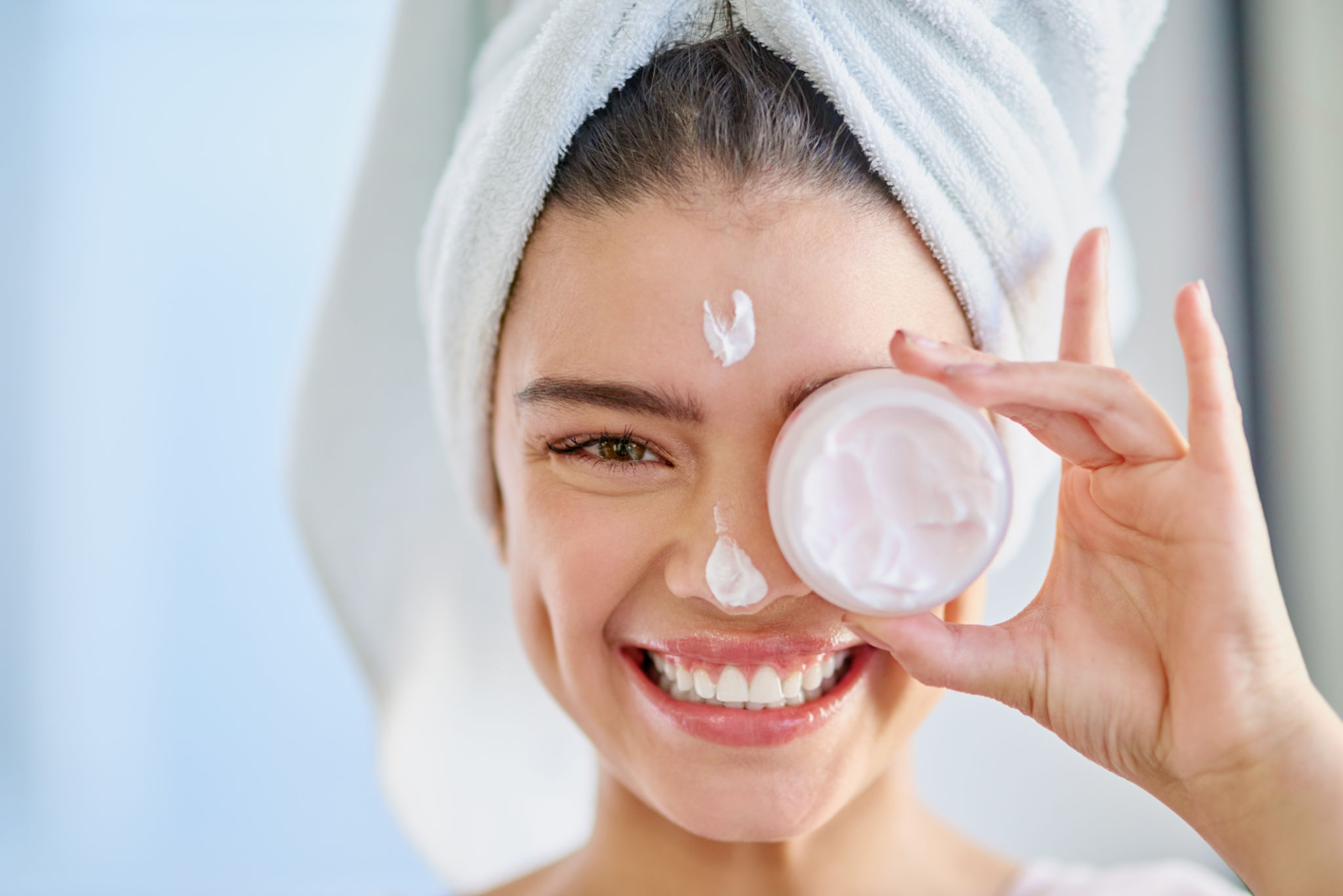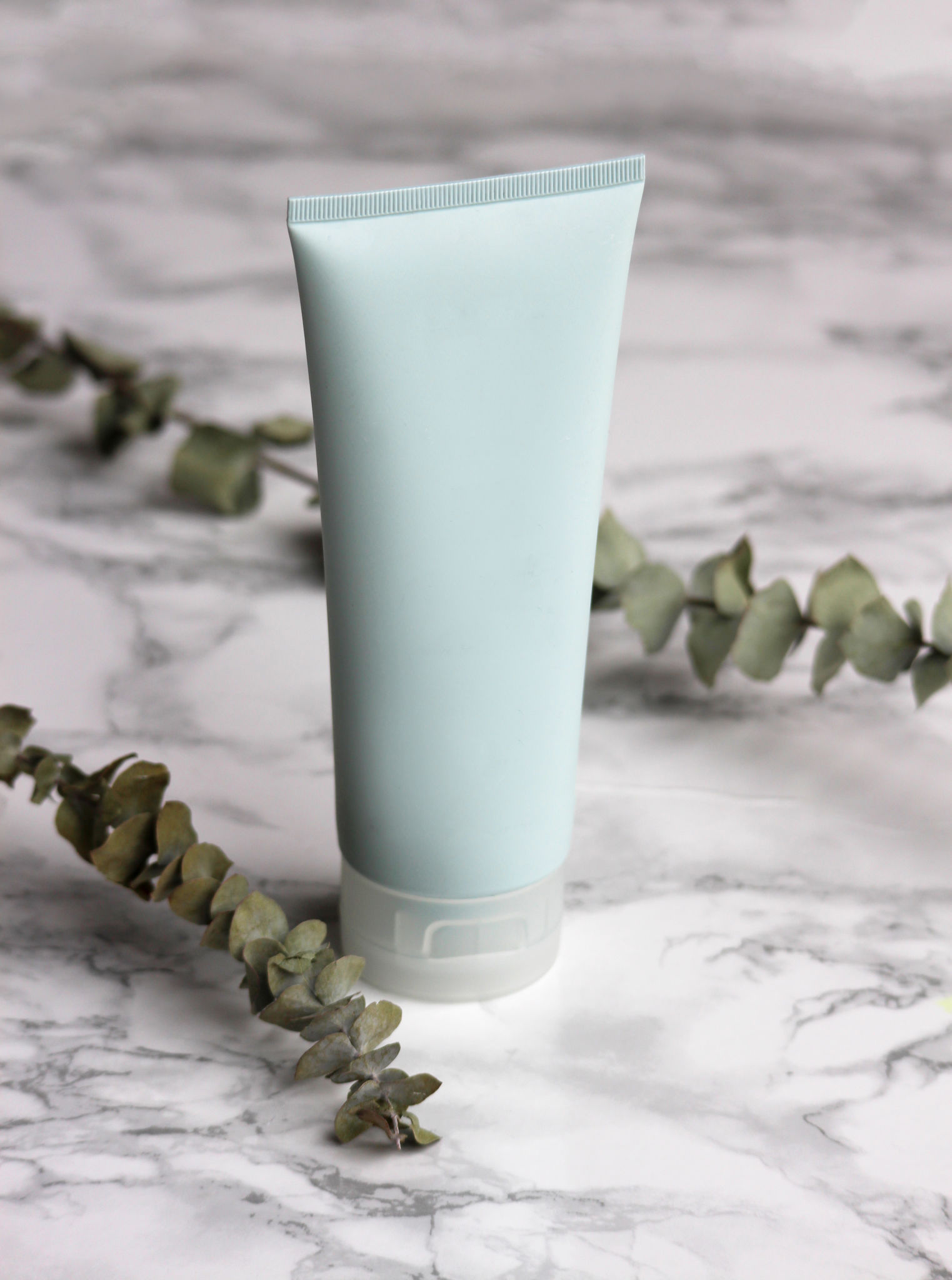How to Maintain Your Skin Between Treatments: Advice from Canterbury Experts
AD
Understanding Your Skin’s Needs
Maintaining your skin between treatments is essential to prolong the benefits of professional care and ensure your skin remains healthy and vibrant. According to experts in Canterbury, understanding your skin type and specific needs is the first step. Whether you have oily, dry, or combination skin, each requires a tailored approach to maintain its health.
It's vital to recognize the changes in your skin over time. Factors such as age, weather, and lifestyle can influence how your skin behaves. Regularly assessing its condition helps you adjust your skincare routine accordingly.

Daily Skincare Routine Essentials
A consistent daily skincare routine is fundamental. Start with a gentle cleanser to remove impurities without stripping your skin of its natural oils. Experts recommend using a toner that balances your skin’s pH levels and prepares it for subsequent products.
Moisturizing is crucial, regardless of your skin type. It locks in hydration and creates a protective barrier against environmental aggressors. For those with oily skin, opting for a lightweight, non-comedogenic moisturizer can prevent clogged pores.
Sun Protection is Key
Never underestimate the power of sunscreen. UV rays are a leading cause of premature aging and can damage your skin even on cloudy days. Use a broad-spectrum sunscreen with at least SPF 30 daily to shield your skin from harmful effects.

Hydration and Nutrition
Hydration is not only about applying products; it starts from within. Drinking enough water daily helps keep your skin plump and radiant. Additionally, a balanced diet rich in antioxidants supports skin health by combating free radicals.
Incorporating foods like berries, nuts, and leafy greens can enhance your skin's resilience. Consult with a nutritionist if you're unsure about the best foods for your skin type.
Regular Exfoliation
Exfoliation helps remove dead skin cells and promotes cell turnover. However, it's important not to overdo it. Experts suggest exfoliating 1-2 times a week using a gentle scrub or chemical exfoliant suited to your skin type.

Consulting Professionals
In between treatments, it’s beneficial to have regular consultations with skincare professionals. They can provide personalized advice and recommend products that suit your evolving needs. They can also perform in-depth assessments that you might miss at home.
Building a relationship with your dermatologist or esthetician ensures that you’re always informed about the best practices and innovations in skincare.
Listening to Your Skin
Your skin communicates its needs through various signs. Dry patches, excess oil, or sudden breakouts are indicators that adjustments may be necessary. Pay attention to these signs and be ready to adapt your routine accordingly.
Maintaining a skin journal can be helpful to track changes and identify patterns related to diet, stress levels, or environmental factors. This habit allows for more informed decisions about skincare strategies.

By following these expert tips from Canterbury, you can ensure that your skin remains healthy and radiant between professional treatments. Remember, consistency and attention to detail are key in achieving long-lasting results.
